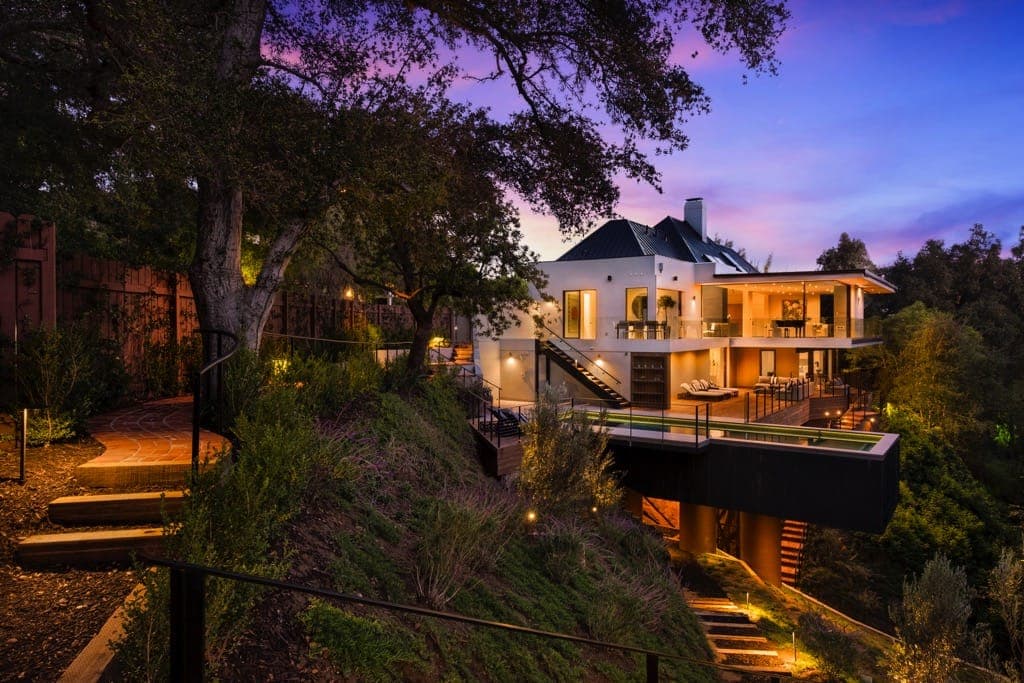Real estate agents are hungry for skilled and experienced photographers because they can make the photos more appealing, thus increasing the chance of a sale. For photographers, they cannot live without these filters and these filters become a necessity. Many of these real estate photographers are still using the traditional, old-fashioned filter effects. But with the technology that we have today, they become unnecessary.
Some photography filters like polarizers and strong neutral density filters can produce effects that are time-consuming. They can either damage your lens or very difficult to reproduce in digital settings. Photo editing technology advanced so much that filters can be considered obsolete. But obsolete as they may be considered yet there are still a number of reasons why many photographers still value the effects of using the old style photography filters.

For those who are considered advanced in using digital photography, filters are special glasses that are placed in front of the camera lens. Stunning effects are basically produced when these filters are used correctly. Although camera filters can serve various purposes especially in digital photography, they are one of the indispensable parts when it comes to capturing images in a very difficult lighting condition.
Aside from photography, filters are widely used in cinematography, on rare occasions, or plainly used in everyday work. Various filters are needed in landscape photography. This is the very reason why real estate photographers value photography filters very much. Lens filters are used to edit and modify light intensity right before entering the camera lens. They are still beneficial to many because some software cannot simulate how photography filters behave.

There are filters which help reduce reflections. There are those which will protect the lenses from possible damage. Filters are also used to either fully or partially reduce the amount of light that enters the lens. They can even modify and enhance colors. To learn more about the basic photography filters, below is a list that can be beneficial to every photographer.
Seven Basic Filters
1. UV/Clear/Haze Filter
2. Polarizing Filter
Polarizers can be used to any photography type, whether you specialize in weddings, landscape, architectural, or real estate. They filter out polarized light which intensely reduce reflections. Polarizers are also used to enhance colors and can even increase contrast. These filters are normally circular in shape which permits easy control.
3. Neutral Density (ND) Filter
Neutral density filter reduces the amount of light that enters the lens. It is responsible in decreasing the shutter speed of the camera. Using longer shutter speeds at wider apertures is always available to any lighting condition. Neutral density filter is useful for dynamic situations where motion blur needs to be made. Natural conditions like rivers, waterfalls, moving vehicles, or fast flying birds are examples where neutral density filter can be useful.
4. Graduated Neutral Density (GND) Filter
This filter is typically used in landscape photography. There are actually three types of graduated neutral density filter namely: the hard-edge graduated neutral filter, soft-edge graduated neutral filter, and the reverse graduated neutral density. In high contrast situation, the hard-edge GND typically used. Although soft-edge GND is also used at high contrast environment, this type allows smoother transitions as this is used to horizon in not generally flat.
5. Color Warming/Cooling Filter
This filter corrects the color of the situation which results in a change in camera white balance. It blocks a type of color which allows other colors to enter. Color filters are rarely used in digital photography but it is important in the post-processing activities.
6. Close-up filter
Close-up filter is also known as dioptre which permits a lens to focus closer on subjects. These filters are important in macro photography which is the type of photography which produces photographs of small objects larger than life size.
7. Special Effects Filter
This type of filter can be used to any type of photography. Special effect filter has a few types namely: star filters that make bright objects look like star; diffusion filter which creates dreamy look for images; multi-vision filters which copies of a subject are created in multiple ways, and; broken filters which a certain shape is cut in the middle of the filter that makes highlights are broke to produce the same image.
